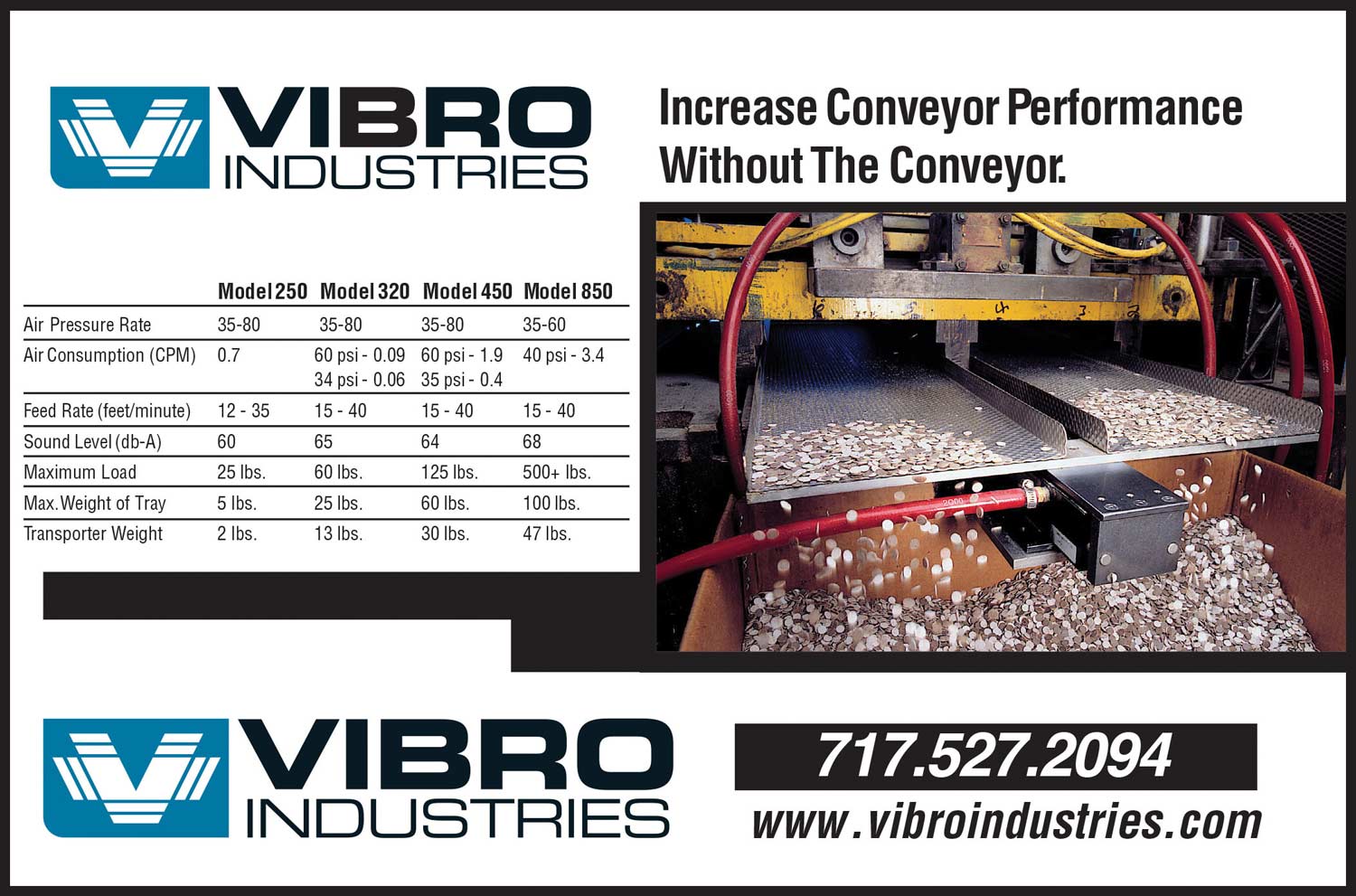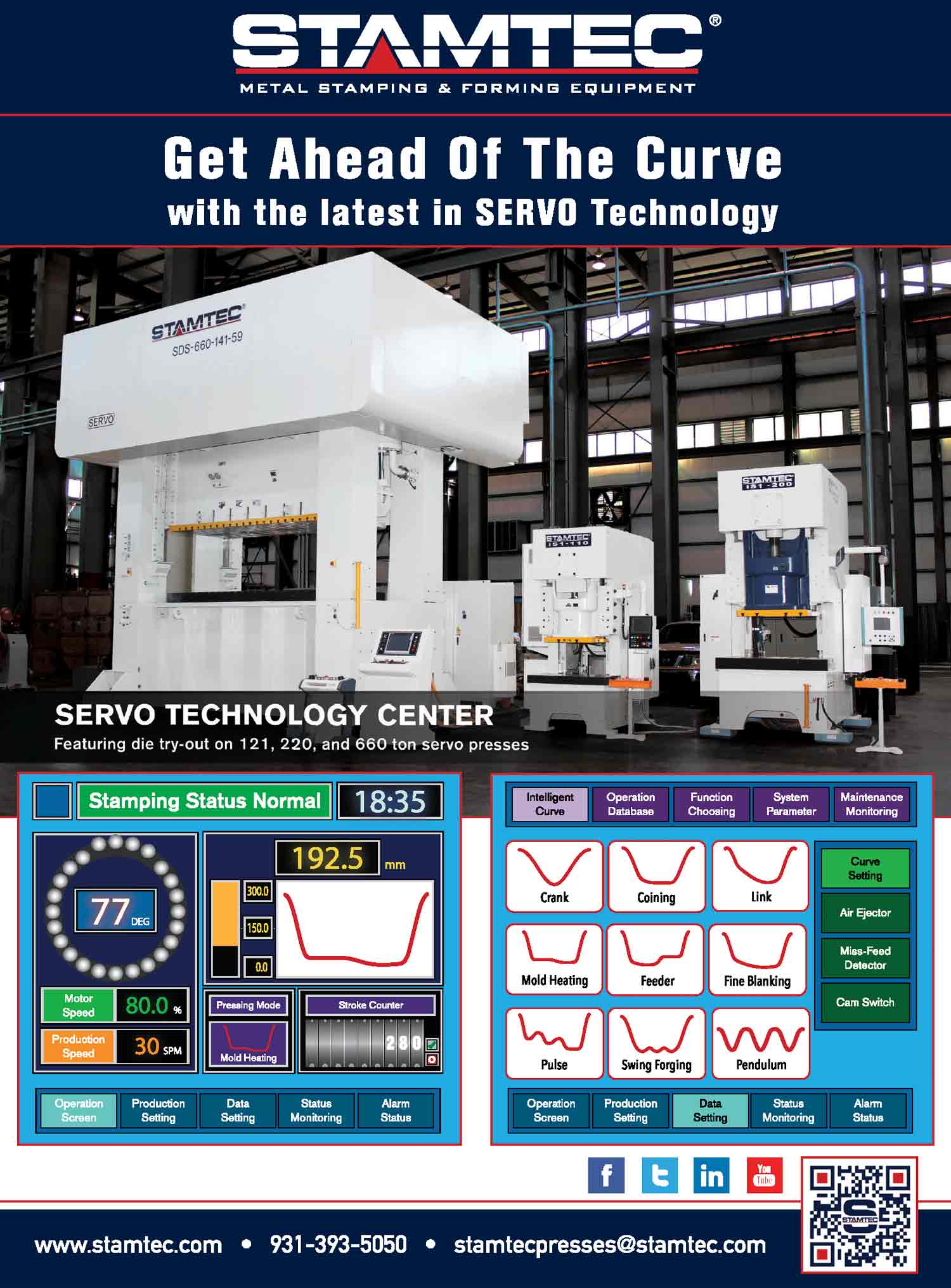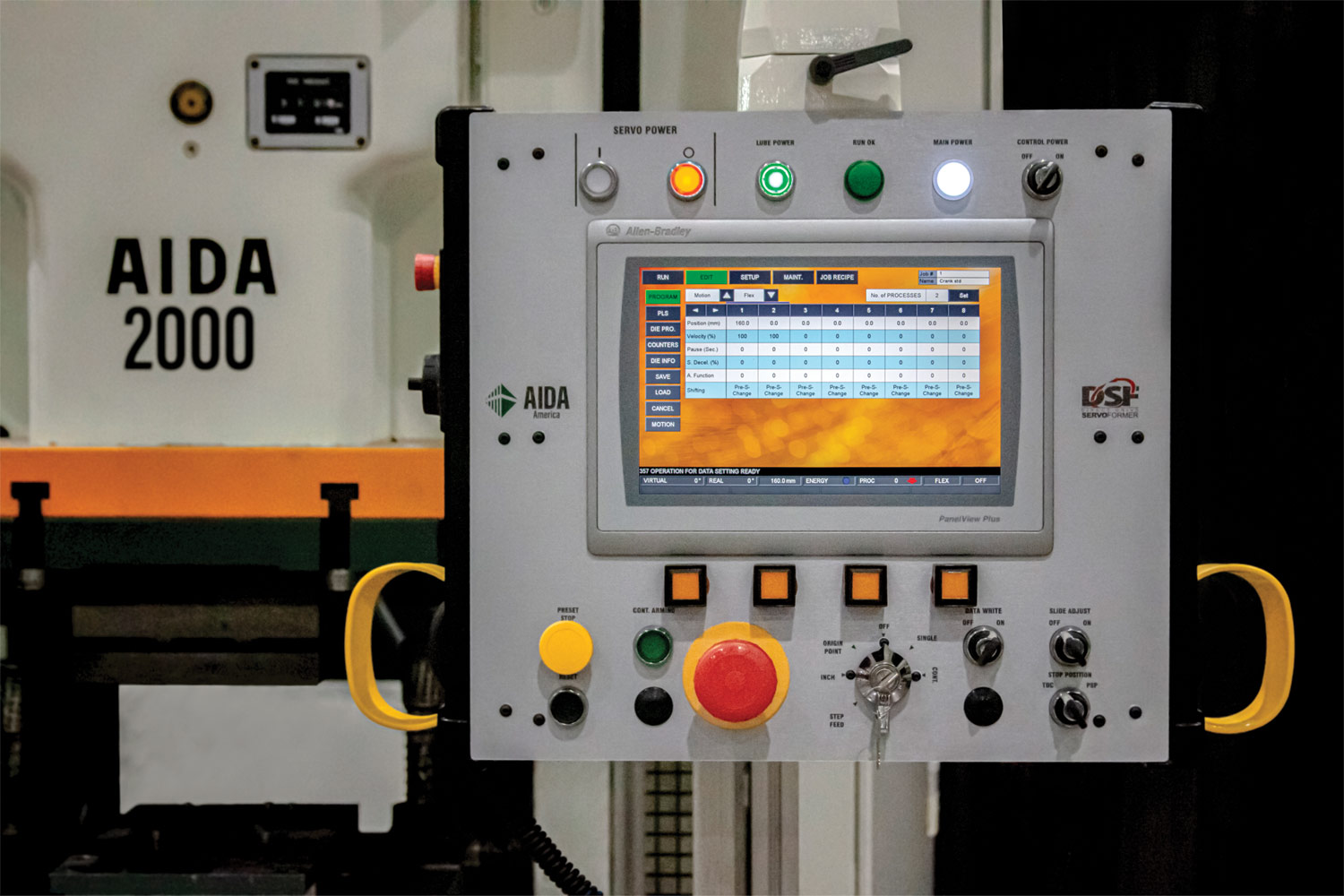
merican manufacturing is in our blood,” says Stephen Serling. The Quality Metal Stamping vice-president is fourth generation in a family-owned business that is grounded in a family-oriented work culture. For nearly a century, the ability to embrace change and think outside the box has helped the company reinvent itself and take its business from shoes to that of a custom metal solutions provider.
“My great-grandfather Lou Serling started Serling Last Corporation in 1932,” says Stephen Serling. “He made wooden shoe lasts for shoemakers in Long Island, New York. When my grandfather David Serling took over, he expanded the company globally. He designed and introduced the first plastic shoe last, which had a metal heel plate that was stamped on a small press.”
The fabricator’s production facility has since grown to 75,000 sq. ft. and houses a state-of-the-art tool and die shop, design and engineering services, stamping, fabrication, robotic welding, automated assembly, rapid prototyping, machining and powder coating, among other services.
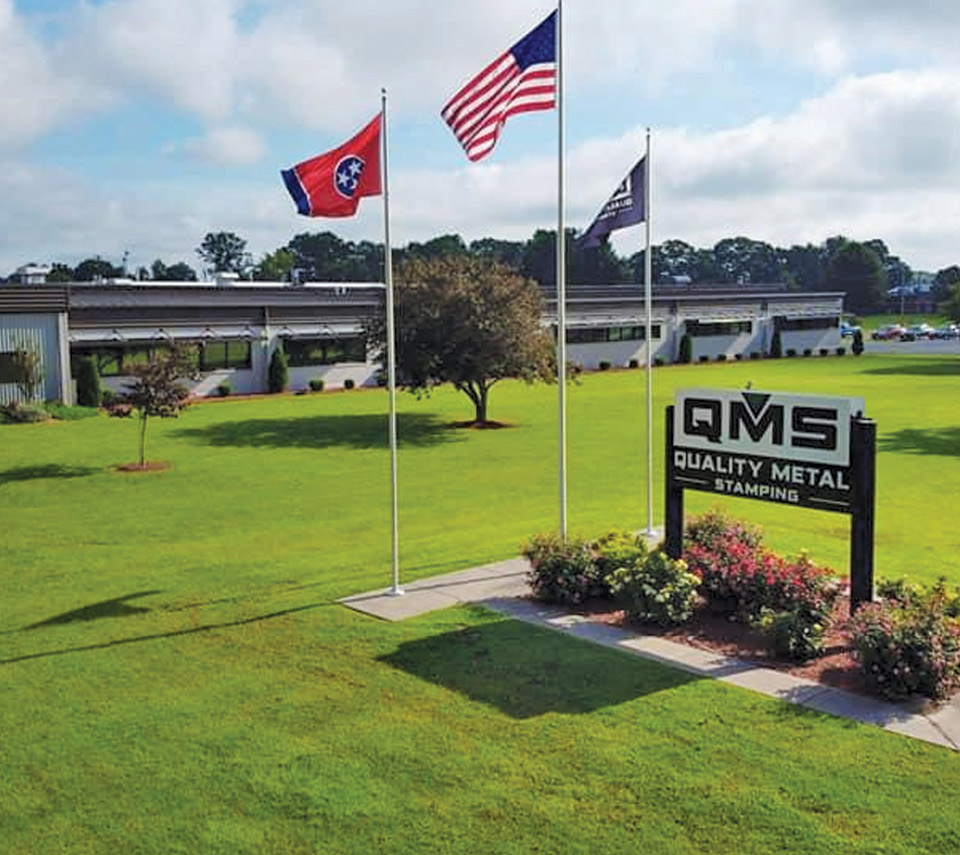
Increased customer demand to achieve higher processing and quality standards, along with escalating expectations for faster speed to market and competitive costs, prompted QMS to consider servo press technology. Research led the company to Dayton, Ohio-based AIDA-America Corp.
“As an organization, we recognize that in order to stay competitive we need to invest in the latest metalforming technology,” says Serling. “That meant considering a servo press versus a conventional mechanical press. We felt AIDA offered the best in the market.”
The fabricator installed an AIDA 200-ton DSF-C1-2000A gap frame servo press with a coil feed line in 2020. Part sizes from 2 in. to 12-in. square are stamped from hot and cold roll steel, stainless, galvanized, aluminum and pre-paint for markets that include appliance, HVAC, construction, heavy trucking, furniture, and lawn and garden.
 Equipment like the direct drive servo press is a critical component to attracting the next generation.
Equipment like the direct drive servo press is a critical component to attracting the next generation. 
Quality Metal Stamping
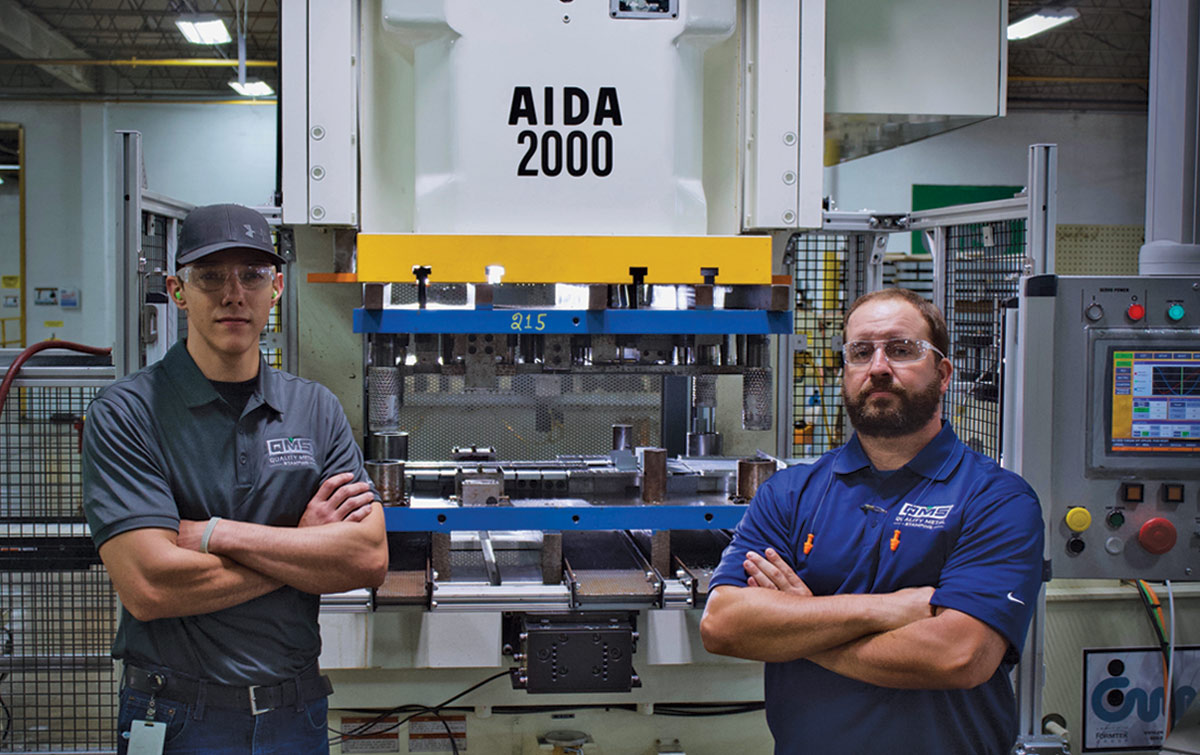
High-volume jobs that were previously run on a mechanical press at 50 strokes per minute operate at 105 strokes per minute on the servo press, boosting output by more than 50 percent. But higher throughput is not the only consideration Serling notes.
“More and more customers expect a job shop to add downstream value,” he says. “They want a finished part or assembly to arrive at their plant. In addition, several parts we stamp go to automated assembly cells. These parts have to be accurate. The ability to control the stroke with the servo press gives us consistent precision parts that can hold tight tolerances. Consistency is key for us.”
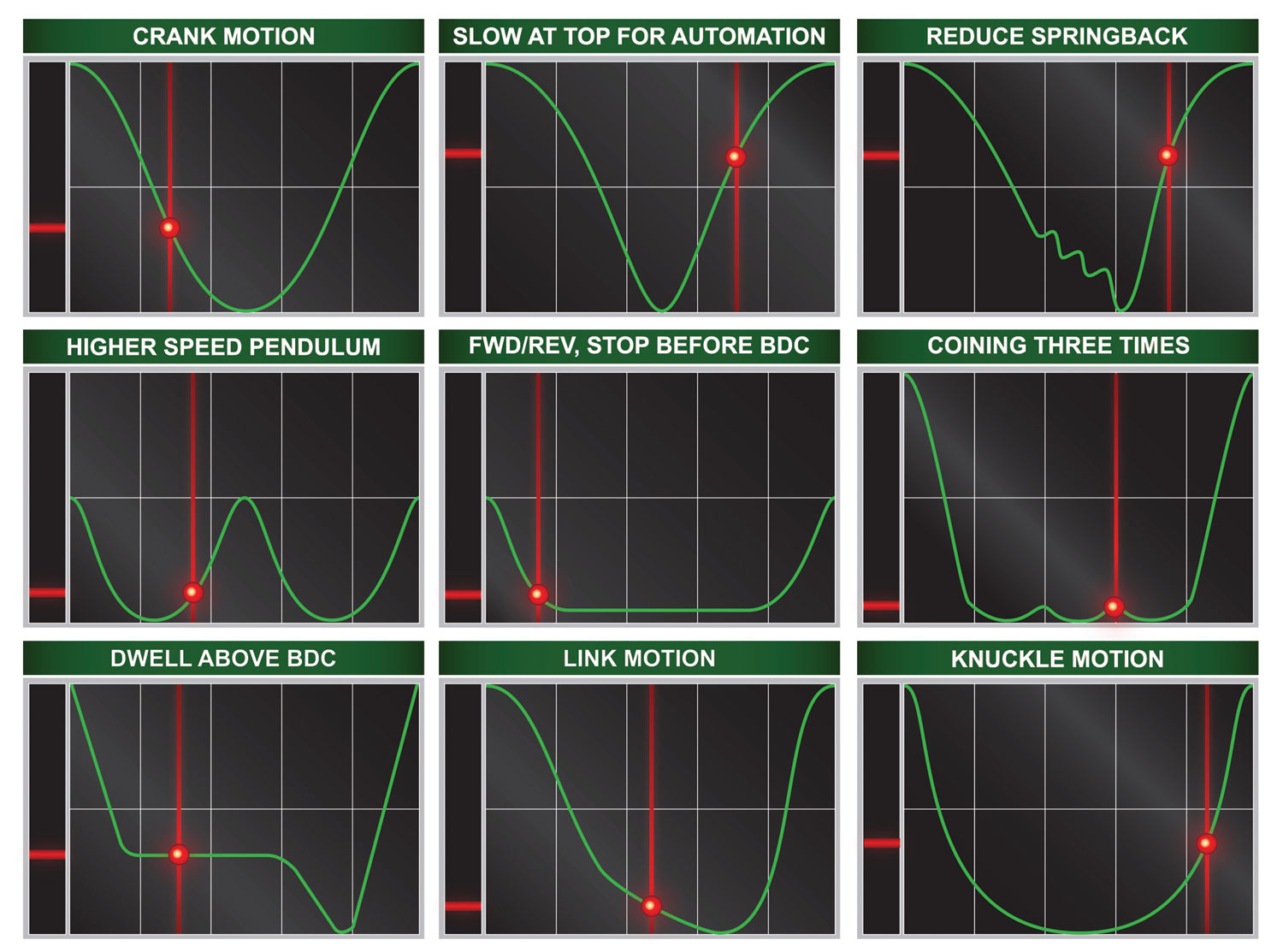
“Exposing young people to manufacturing as a desirable career path is important for us at QMS,” says Serling. “We have invested in apprenticeship programs and partnered with local schools for internships.
“Advanced equipment like the direct drive servo press is a critical component to attracting the next generation,” he continues. “We’re working closely with AIDA on the acquisition of our next servo press. Our investment in cutting-edge technology and the investment in our passionate team is our competitive advantage. Our people are the key to what we believe is a bright future.”
